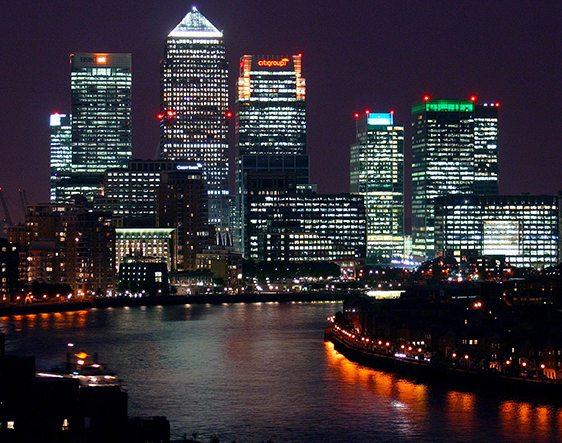The government announced this morning it has sold off its final stake in Lloyds, meaning the bank is now fully back in private hands. From Laith Khalaf, Senior Analyst, Hargreaves Lansdown.
The bank was bailed out in 2009 to the tune of £20.3 billion, which the Treasury has now recouped, though that doesn’t include the cost of borrowing the money to fund the bailout. It’s been a long and winding road back to recovery, but finally the government has sold its last stake in Lloyds, almost a decade after the taxpayer bailed the bank out. Lloyds is now back to business as usual, and the withdrawal of a large seller from the market should be positive for the share price.
It’s an interesting coincidence that one of the UK’s top fund managers, Neil Woodford, recently bought back into Lloyds after snubbing banks as uninvestable for fourteen years, just as the government is stepping out of the picture.
The Treasury won’t be making a song and dance about the Lloyds sale, seeing as we are in a period of purdah running up to the general election. Indeed the champagne corks should probably be kept on ice seeing as the taxpayer has only broken even on the face value of the Lloyds bailout, and is still nursing a loss if you factor in the borrowing costs associated with stumping up the money back in 2009.
RBS still casts a long shadow over the banking bailout too, seeing as the taxpayer funding package was twice as big, and the bank’s shares still need to double in price before the government breaks even. Progress has been slower at RBS because it had more problems to start with, and it’s difficult to see how the government can realistically sell off its 72 percent stake in the bank without taking a financial hit.
As for Lloyds the future looks more promising. PPI compensation is disappearing in the rear-view mirror and the bank is paying a healthy dividend to shareholders. Unlike the FTSE 100 as a whole, Lloyds is very much a bellwether of the UK economy because of all the loans it makes to businesses and consumers in this country, so its fortunes are very much shackled to domestic conditions.’









